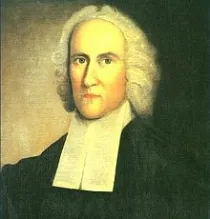Leviticus 25:8-10
"And you shall count seven sabbaths of years for yourself, seven times seven years; and the time of the seven sabbaths of years shall be to you forty-nine years. 9 Then you shall cause the trumpet of the Jubilee to sound on the tenth day of the seventh month; on the Day of Atonement you shall make the trumpet to sound throughout all your land. 10 And you shall consecrate the fiftieth year, and proclaim liberty throughout all the land to all its inhabitants. It shall be a Jubilee for you; and each of you shall return to his possession, and each of you shall return to his family."
Matthew 20.28
"the Son of Man did not come to be served, but to serve, and to give His life a ransom for many.”
Jesus used His freedom to
serve us, and what service it was! He gave His life a ransom for many. Ransom means freedom from bondage and
servitude. Whatever debt and slavery you found yourself in, the Jubilee reset
it all. Land restored, debts forgiven, freedom regained. The Passover meal was founded as Israel left
the bondage of Egypt. They walked through the blood-marked door to a new life
of liberty, guided by the law at Sinai, with God’s house in their midst.
This new Passover meal was founded as Jesus
proclaimed and bought liberty for all His people captives to sin. We walk
through the bloody veil of His body, in repentance and conversion, baptism and
bread and wine. But now we don’t just walk out of a house of bondage. God’s
house isn’t just near ours. We walk freely into the house of God. Jesus is the
door and the cornerstone. We are adopted children. He takes us to our place at
the table. Your place to serve.
9/8/13



